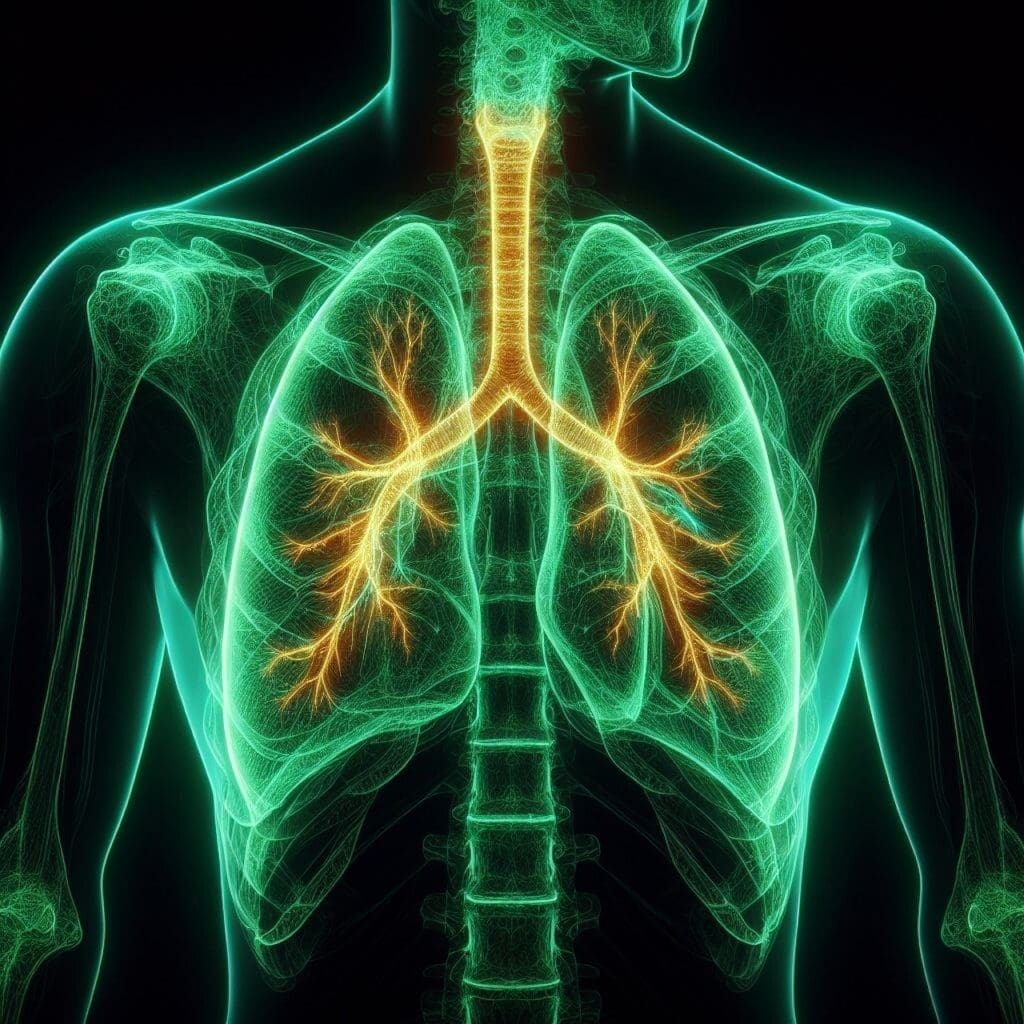External Quality Assurance for Urine Antigen Detection of Legionella and Pneumococci Presented
At the German Congress for Laboratory Medicine (DKLM) 2025 in Leipzig, an initiative for external quality assurance in the detection of Legionella pneumophila and Streptococcus pneumoniae in urine was presented. These pathogens cause serious respiratory infections such as Legionnaires’ disease and pneumococcal pneumonia. Fast and accurate detection is crucial, especially in vulnerable groups such as the elderly or immunosuppressed, as well as for outbreak control. Urine antigen tests offer advantages over PCR methods through rapid results, cost-effectiveness, low infrastructure requirements and avoidance of airway samples. External quality assurance programs serve to identify variabilities, promote standardization and ensure interlaboratory comparability.
The study, conducted by the Foundation for Pathobiochemistry and Molecular Diagnostics ã Reference Institute for Bioanalytics in Bonn and the Helios University Hospital Wuppertal ã Reference Laboratory of the Reference Institute for Bioanalytics, presents the UrinAG program, which is currently not subject to guidelines. It allows the detection of one or both pathogens. Samples consist of untreated or antigen-laced urine. Participating laboratories receive four predefined urine samples with known antigen profiles, test them with routine procedures such as immunoassays or rapid tests, and submit results to the reference institute. The assessment is based on the agreement with reference values with regard to positive or negative classification.

The pilot phase recorded 167 participants for Legionella and 76 for pneumococcus, with an increase in total participation of twelve percent within one year. Laboratories from Germany, Austria, the Czech Republic, Switzerland and Luxembourg were involved. More than 15 commercial systems and test kits were used. The success rates for Legionella antigen were 98 to 99 percent, for pneumococci 82 to 97 percent, depending on the round and system, which indicates higher robustness in Legionella detection. Categorization by automated procedures, rapid tests and other methods showed rates above 95 percent for Legionella, with 100 percent for automation in all three rounds and higher deviations for manual approaches. For pneumococcus, there was good agreement overall, but in one round, a group of automated systems experienced high error rates, which remained an isolated case. Rapid tests achieved the highest accuracy for pneumococci at 96 percent. The lower participation in pneumococcal detection despite higher susceptibility to false defects underlines the need for quality assurance for this pathogen.
In summary, the presentation emphasizes the importance of external quality assurance for reliable laboratory services. The high compliance rates demonstrate the practicality and accuracy of urine antigen tests. Participation sharpens diagnostic precision and contributes to patient safety, clinical trust, and public health surveillance. The increased vulnerability in pneumococcal detection highlights the relevance of such programs. Regular implementation identifies weaknesses in workflows and promotes continuous improvements in infection diagnostics. An extension to other pathogens and test methods is recommended.
Read Also:
DKLM 2025: Exclusive interview with Prof. Uta Ceglarek and Prof. Berend Isermann ã MedLabPortal
Editor: X-Press Journalistenbû¥ro GbR
Gender Notice. The personal designations used in this text always refer equally to female, male and diverse persons. Double/triple naming and gendered designations are used for better readability. ected.




